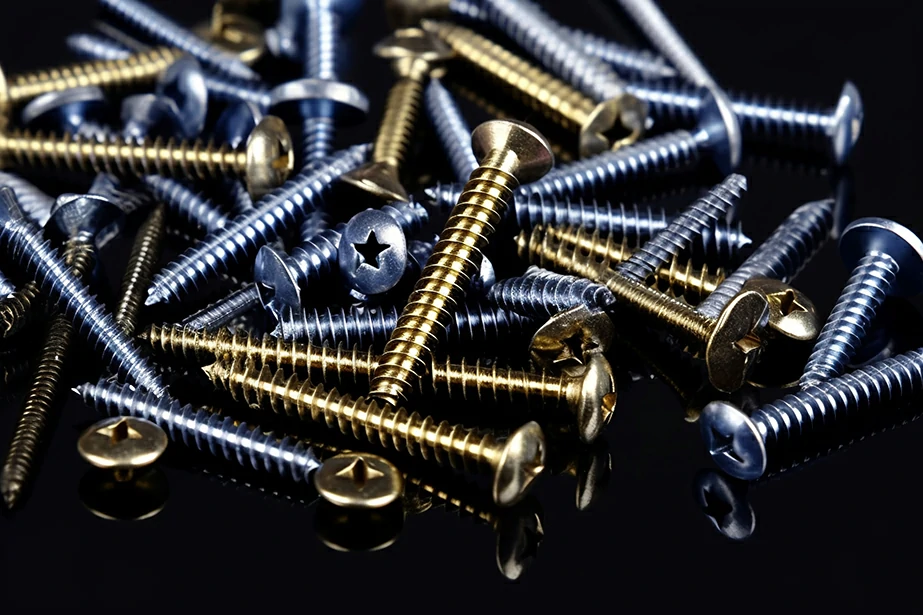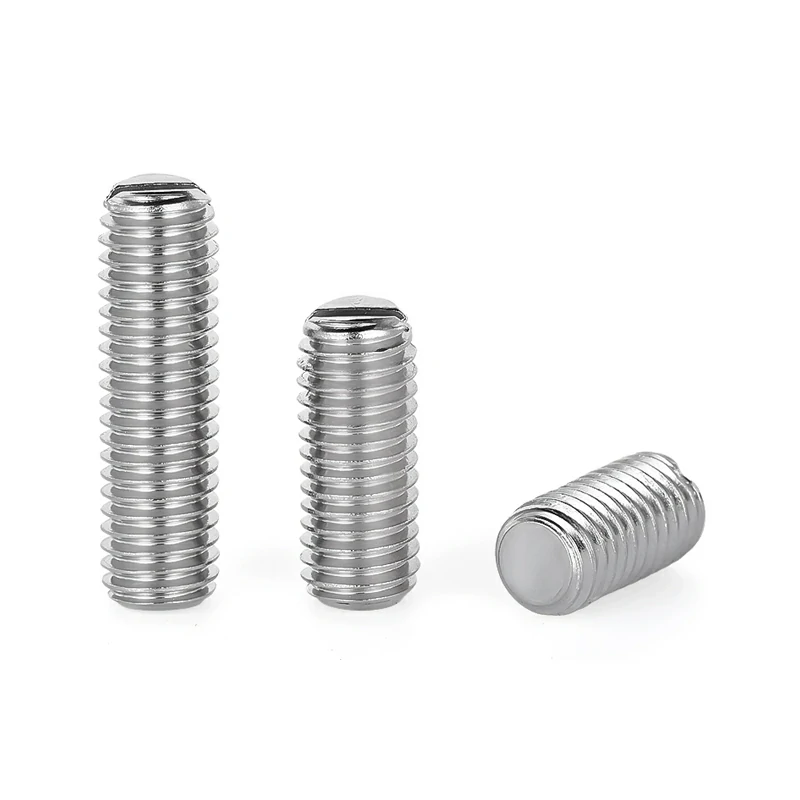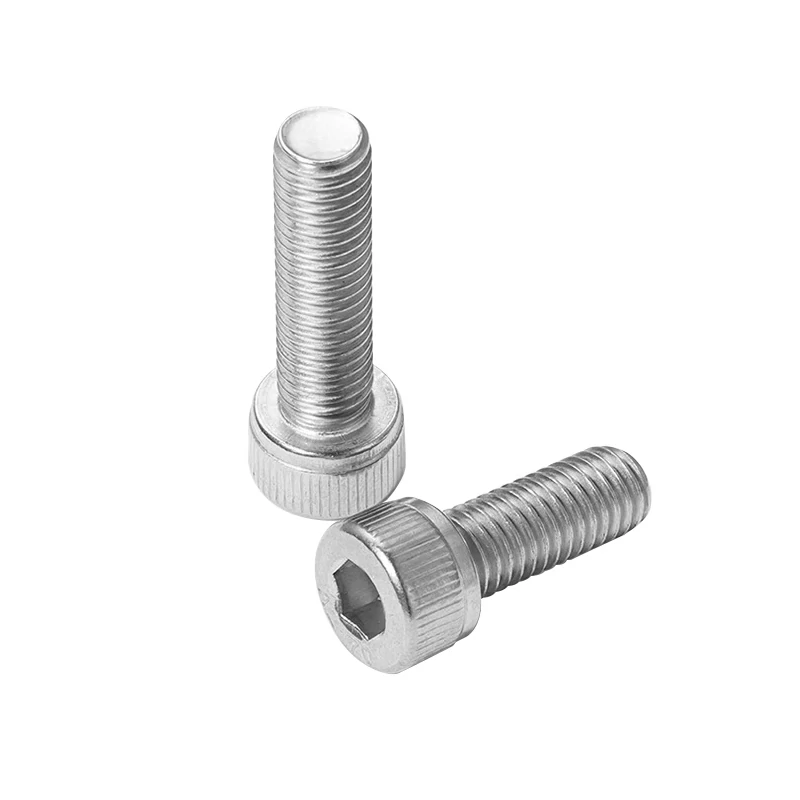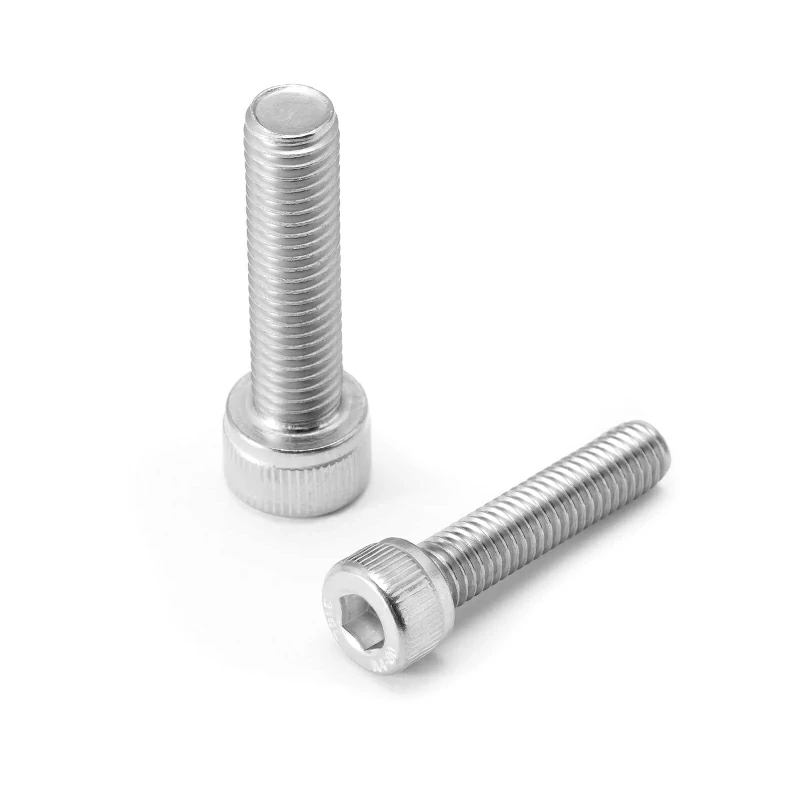Screws are among the most versatile and essential fasteners used across various industries. Their unique thread design provides strong, secure, and often removable connections, making them indispensable for countless applications. Whether you’re working in construction, automotive, electronics, or woodworking, the right screw can ensure the durability and performance of your project. Here’s a detailed overview of the uses of screws, highlighting how these small yet powerful fasteners contribute to countless industries:
Overview of the uses of screws:
1. Woodworking: Essential Uses of Screws
In woodworking, screws are fundamental for durable assemblies.
Furniture Assembly: Screws are essential for assembling furniture, cabinets, and various wooden structures. Common types include wood screws, which feature coarse threads for superior grip in wood.
Decking and Flooring: Screws securely attach deck boards or hardwood floors to framing and subflooring, ensuring a stable surface.
Joinery: Screws help create strong, reliable joints like butt joints, corner joints, and T-joints in carpentry projects.
2. Construction: Diverse Uses of Screws
Construction relies heavily on the strength and reliability of screws for structural integrity.
Drywall Installation: Drywall screws, typically featuring a coarse thread, are used to firmly attach drywall sheets to wooden or metal studs.
Metal Fastening: Self-tapping screws and self-drilling screws are used to fasten metal panels, siding, and roofing materials with ease.
Wood to Metal Connections: Lag screws and carriage bolts are commonly used to securely join wooden beams or supports to metal elements, ensuring lasting connections.
3. Electrical Work: Secure Uses of Screws
Screws in electrical applications ensure safety and stability for various installations.
Electrical Boxes: Screws are vital for securely attaching electrical boxes and enclosures to walls and ceilings, preventing potential hazards.
Panel Connections: Machine screws are frequently used to connect circuit breakers and other components in electrical panels.
Mounting Fixtures: Light fixtures, switches, and outlets are securely mounted to walls and ceilings using various types of screws.
4. Automotive and Machinery: Precision Uses of Screws
Precision and durability are key, making screws indispensable in these sectors.
Vehicle Assembly: Screws are used extensively throughout vehicles for assembling body panels, interior fixtures, engine components, and other mechanical parts.
Machine Assembly: Precision screws meticulously hold together intricate machinery parts in industries like manufacturing, robotics, and aerospace.
Repairs: Machine screws and bolts are vital for repairing and maintaining various automotive systems, including engines, transmissions, and bodywork.
5. Electronics and Appliances: Compact Uses of Screws
Even in small devices, screws provide essential structural integrity.
Enclosure Securing: Screws hold together the housing of electronic devices, such as computers, televisions, and phones.
Battery Compartments: Battery covers and compartments in devices like remote controls, cameras, and toys are secured with screws.
Internal Components: Screws fasten internal components like circuit boards, connectors, and heat sinks inside electronic appliances, ensuring their proper function.
6. Plumbing: Reliable Uses of Screws
In plumbing, screws ensure secure, leak-free connections for pipes and fixtures.
Pipe Fittings: Screws connect pipes, faucets, and other fittings in plumbing systems, especially in PVC or metal piping.
Fixtures and Accessories: Mounting showerheads, faucets, and other bathroom and kitchen fixtures reliably relies on screws.
7. Home Improvement: Everyday Uses of Screws
For homeowners working on various DIY projects., screws are the go-to fastener for countless projects.
Window and Door Installation: Screws secure windows, doors, and frames in place, ensuring proper fit and function.
Hanging Fixtures: Securing shelves, curtain rods, picture frames, and other wall-mounted items is easily achieved with screws.
Outdoor Structures: Deck screws are used to build fences, pergolas, and outdoor furniture, ensuring durability in outdoor environments.
8. Industrial Applications: Heavy-Duty Uses of Screws
In industrial settings, screws provide the strength and stability needed for large-scale projects.
Heavy Machinery: Large, durable screws fasten components in heavy machinery such as presses, conveyors, and industrial equipment.
Structural Support: In construction and shipbuilding, screws are critical for securing beams, support brackets, and other structural elements.
9. DIY Projects: Creative Uses of Screws
For hobbies and quick fixes, screws offer simple yet effective solutions.
Crafts and Model Building: Screws are frequently used in hobby and craft projects, including building model airplanes, cars, and furniture.
Repairs and Fixes: Minor household repairs, such as fixing door handles, cabinets, and various hardware, often involve screws.
10. Aerospace: High-Strength Uses of Screws
In aerospace, where precision and strength are paramount, specialized screws are vital.
Aircraft Assembly: Screws are used to fasten critical parts of airplanes and spacecraft, made from high-strength materials like titanium for durability and performance.
Landing Gear & Engines: Screws securely fasten parts of landing gear, engine components, and other critical areas.
11. Marine Industry: Corrosion-Resistant Uses of Screws
Marine environments require screws that can withstand harsh conditions.
Boat Assembly: Marine screws are used to fasten parts of boats and ships, including the hull, decks, and interiors.
Hardware Fixtures: Screws are used to install boat fixtures such as cleats, anchors, and railings, which require corrosion-resistant fasteners.
12. Medical Devices: Specialized Uses of Screws
In the medical field, screws are engineered for biocompatibility and precise functionality.
Surgical Implants: Some screws are designed for use in medical devices like joint replacements, bone fixation, and dental implants.
Device Assembly: Screws ensure the durable and secure assembly of various medical devices.

Specialized Types of Screws and Their Uses:
The design of a screw’s thread and head dictates its specific use. Here are some common screw types and their applications:
Wood Screws: Designed for wood-to-wood applications, these screws have coarse threads for a better grip in wood.
Machine Screws: Used in machines and equipment for securing parts, often with finer threads and typically requiring a nut or a tapped hole.
Self-Tapping Screws: Designed to create their own hole as they are driven into the material, commonly used in metal or plastic.
Self-Drilling Screws: Possess a built-in drill tip, eliminating the need for a pre-drilled hole in metal, frequently used in roofing and metal panels.
Sheet Metal Screws: Designed for fastening thin metal sheets together, characterized by a sharp, pointed tip.
Deck Screws: Specifically used in outdoor decking applications, often with corrosion-resistant coatings like galvanized or stainless steel.
Concrete Screws: Specifically made for anchoring into masonry or concrete, commonly used for foundation or wall anchoring.
Conclusion:
Screws are a vital part of countless applications across various industries. From everyday DIY projects to high-tech machinery and aerospace engineering, screws provide secure fastening and structural integrity. Whether for woodworking, construction, electrical, automotive, or electronics, understanding the various uses of screws and selecting the right type based on thread design, material, and application is key to ensuring stability, reliability, and success in your work.



